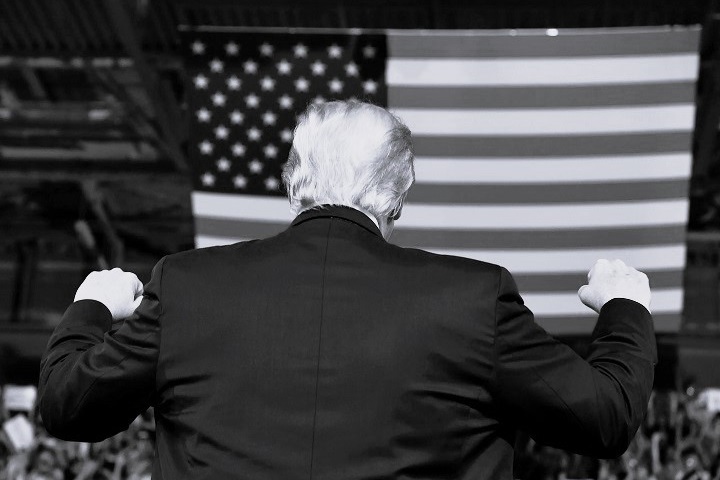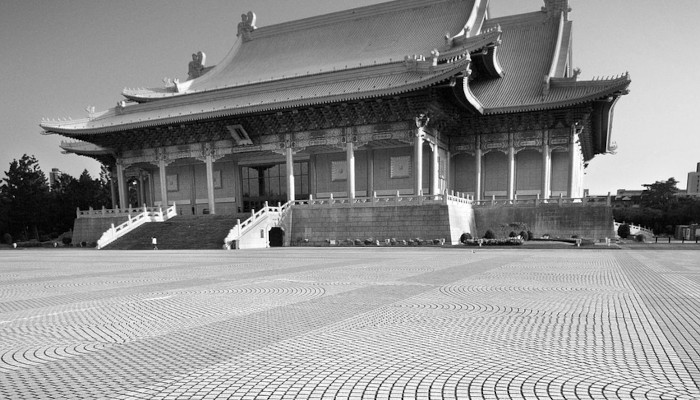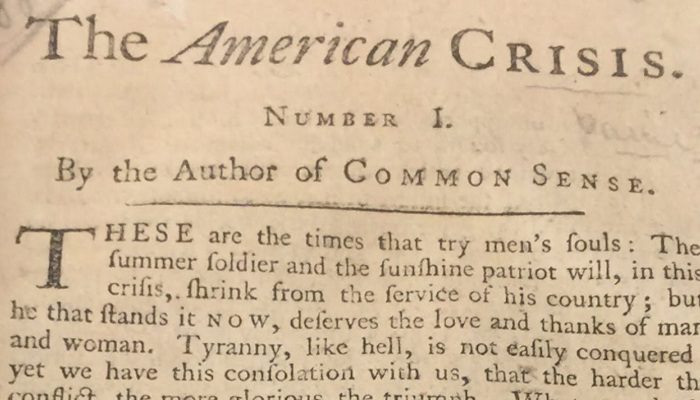
The United States, after World War II, rebuilt Europe, Japan and South Korea, creating new vibrant states that were not American “colonies”. They had a dialectic relationship with America that was not devoid of friction.
A similar attempt to rebuild the Middle East and Central Asia starting in 2004 after the War on Terror failed miserably because it was too ideological and not realistic enough.
Democracy was rebuilt in Germany and Japan also by coopting former officials of the past regimes and holding them responsible for the lives and the well-being of their countries. The US didn’t coopt officials in Iraq, who then were eager to turn to the US. America stopped working with Ghaddafi in Libya after he had scrapped his nuclear program.
The US failed to convincingly pass a policy of enlightened realism to its press and the global audience, and simplistic pushes for simplistic idealism apparently drove it.
Now, in its approach to China and Russia, America seems to have recovered a realistic balance; the problem is how to sell it to the international public.
With China, it wants derisking, not decoupling; competition with guardrails, not uncontrolled tension that can lead to treacherous escalation.
Similarly with Russia, it seemingly wants a negotiated way out, not an utter defeat of Russia that could lead to its dissolution with unfathomable consequences.
After the disasters in the Middle East, America apparently is developing, consciously or not, a new strategy. Here are some points recognizable from afar.
America’s strategy is its geography. It dominates a large and rich continent and stretches to two oceans, the Atlantic and the Pacific. With this, it envelops and casts its influence over Eurasia and Africa. Here it has a sprawling network of footholds and alliances. These allies are not subservient appendices but can have an impact on policies in Washington. It is a burden because the US capital deals daily with a flurry of contradictory requests.
Still, it can also be advantageous because America has the best knowledge and perception of all ongoing policies worldwide. This knowledge feeds into creating and projecting the most accurate global vision in all subjects that are the backbone of a commonly accepted perception of the world.
The US is interested in furthering its position on the old continents by promoting infrastructure and large railway projects that compete with the ones China wants.
Thanks to its global knowledge, it maintains an unparalleled cultural influence that feeds into technological dominance. It all feeds and is fed by its unmatched financial system, dominating every corner of the planet.
The power is already so pervasive and extended that its biggest challenge is overextension. Therefore it is now apparently concentrating on plugging the holes around China, presently its main strategic adversary, but not rushing into action against it, and still ready if Beijing moves.
China is conversely in a very different position, surrounded by hostile, or failing countries like North Korea and Myanmar, or countries with wobbly stability like some Central Asian republics.
From all this, China’s fate would be sealed unless the US loses focus and misses the correct global perception. America could blunder its policies with China as it did with Iraq. Consequences would be this time much worse than with Iraq, as China is much more important. The whole global order as it is could be shaken and no present power could survive.
This leaves China on a narrow path to emerge from the present straits. It is damned if the US gets its policy right; it is damned if it gets the policy wrong.
Here Beijing should tread very carefully ahead, and the rumors about the political demise of Foreign Minister Qin Gang become especially sensitive. Whatever the reasons, Qin Gang’s possible departure would hurt China at a special moment when the country’s foreign policy and perception are already scrambling to find a way through a messy situation.









